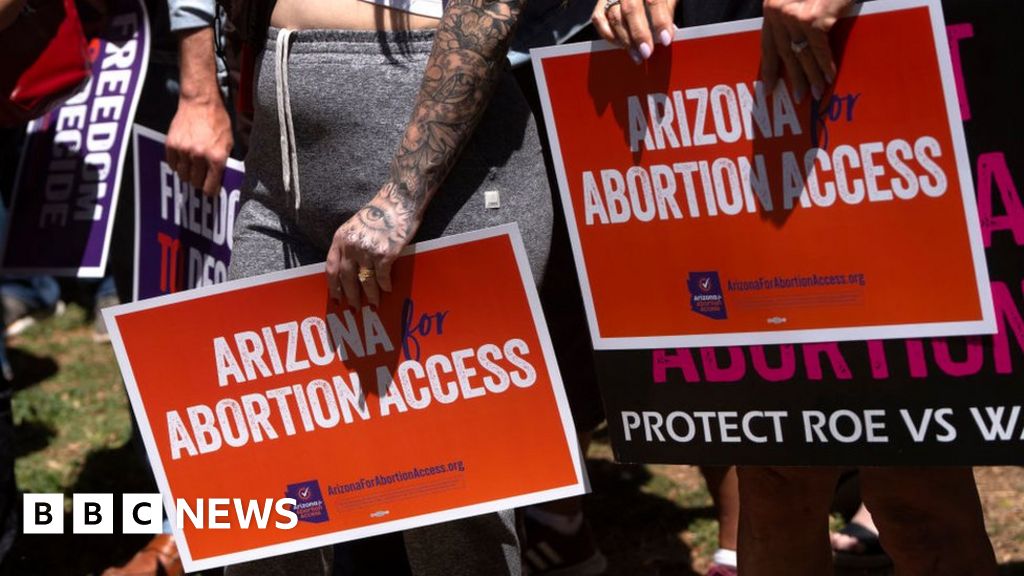By Emily Craig Deputy Health Editor For Mailonline
10:41 18 Dec 2023, updated 10:56 18 Dec 2023
- There were 1.2million NHS hospitalisations involving obesity in England in 2023
- However, figures also show the severity of the crisis varies across the country
The NHS is being forced to deal with 3,000 admissions related to obesity every day, twice as many as it was six years ago, new data has revealed.
NHS Digital data for England shows there were a record 1.2million hospitalisations where obesity was a factor in 2022/23, double the 617,000 logged in 2016/17.
However, the figures also show that the severity of the crisis varies dramatically across the country.
In Bracknell Forest, Berkshire, there were just 420 obesity-related admissions per 100,000 people — the lowest figure in the country.
At the other end of the scale, the health service in Luton, the worst-hit area, dealt with a whopping 4,880 admissions per 100,000 people.
After Luton, obesity levels in Gloucestershire (4,865), Southampton (4,781) and Salford (4,671) piled the most pressure on the NHS.
Hospitals in parts of London — Newham (4,555) , Tower Hamlets (4,256) and Waltham Forest (4,174) — were also crippled by Britain’s bulging waist line.
Meanwhile, weight-related health problems, which can included type 2 diabetes, heart disease and strokes, had the smallest impact in Windsor and Maidenhead (456), Wokingham (549) and Slough (645).
Oxfordshire, Reading and Brighton also had rates below 1,000.
The 1.2million figure includes nearly 9,000 where obesity was the main reason for admissions, most of which were for bariatric surgery such as gastric bypasses.
For several hundred thousand admissions obesity was attributed to a patient’s stay in hospital or complicating treatment.
Nearly 8,300 children under 16 were admitted to hospital for obesity, more than double the figure of 4,062 in 2016/17.
Those in poorer areas were twice as likely to be taken to hospital for obesity-related issues as those in richer areas. In the most deprived ten areas of England, there were nearly 3,400 admissions per 100,000 people for obesity, more than twice the 1,430 in the richest ten.
Liberal Democrat deputy leader and health spokeswoman Daisy Cooper said: ‘The UK should be one of the healthiest countries in the world but under this Conservative government things have gone from bad to worse.
‘Our most deprived communities are being hit hardest by the obesity epidemic, often unable to afford healthy food or access health advice.
‘This Conservative government has slashed support for farmers and made healthy, home-grown food out of reach for far too many people. To make matters worse, people are struggling to see a GP when they need to, meaning health conditions deteriorate instead of being diagnosed and treated early.
‘Ministers have squandered numerous opportunities to make the UK a healthier place to live, instead choosing to kick the can down the road time and again.’
Click here to resize this module
Click here to resize this module
Pregnant women have the highest likelihood of having obesity a complicating factor, with 147,143 maternity admissions where obesity was a problem for either mothers or children.
The new data comes after it was revealed that Britain’s obesity crisis now costs the country nearly £100billion per year, according to a shock analysis that has sparked calls for ministers to tackle the scourge of junk food with the same aggressiveness as smoking.
Two thirds of all adults are now fat, compared to just half in the mid-90s. Of those, a quarter are obese.
Until now, it was thought the entirely reversible problem cost Britain in the region of £60billion.
This figure included the cost of the knock-on effects of being obese and the impact on the NHS, as well as the secondary costs like lost earnings from time off work due to illness and early deaths.

Sarah Carter is a health and wellness expert residing in the UK. With a background in healthcare, she offers evidence-based advice on fitness, nutrition, and mental well-being, promoting healthier living for readers.








